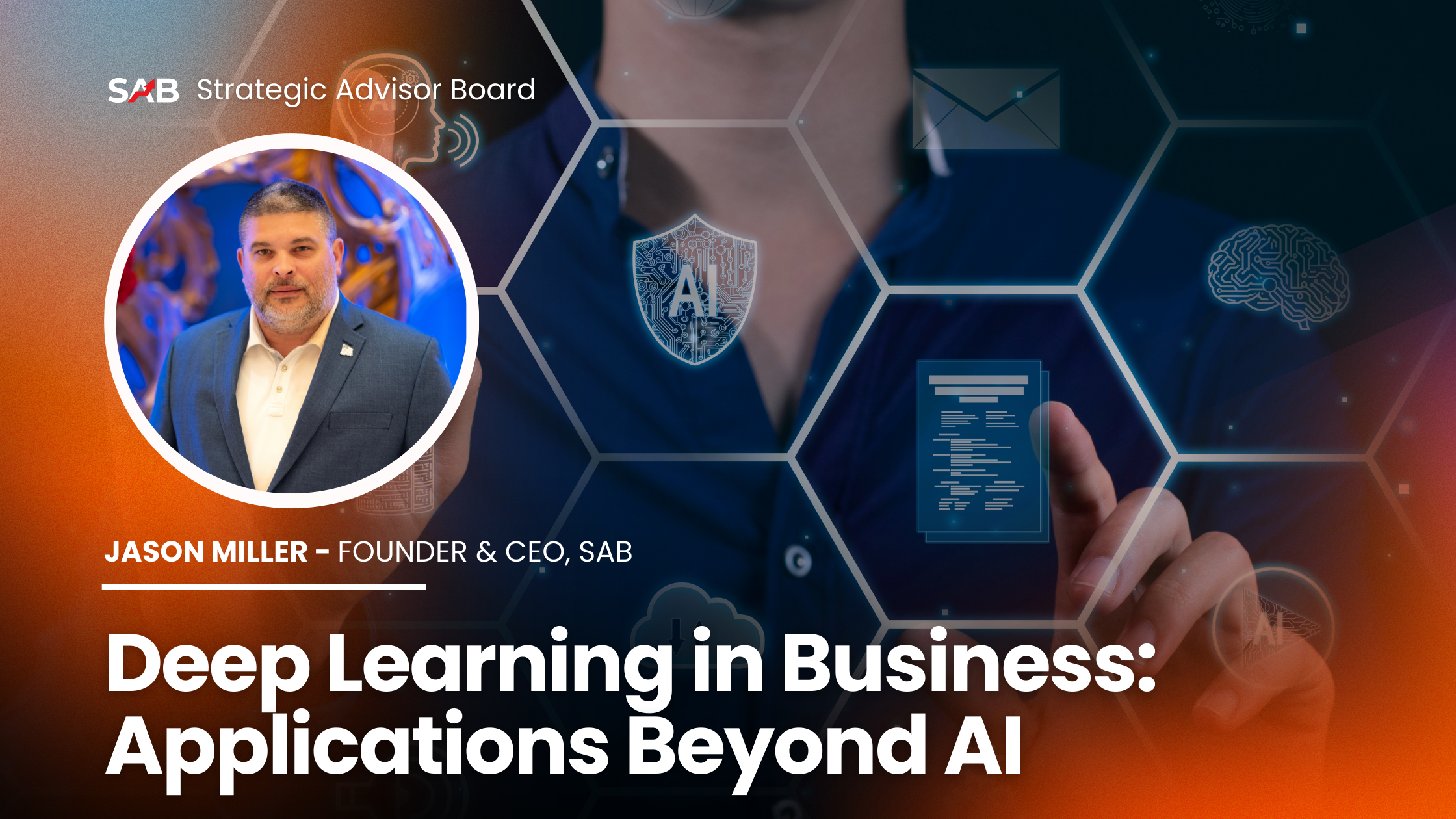
In today's fast-paced business landscape, deep learning is not just a buzzword but a pivotal force driving innovation across industries. Beyond its conventional applications in artificial intelligence (AI), deep learning is reshaping business operations, creating new opportunities, and solving complex problems in ways previously unimaginable. Here, we explore the transformative power of deep learning in business and its applications beyond traditional AI tasks.
Deep learning has significantly transformed customer service, enabling companies to provide personalized experiences at scale. Chatbots and virtual assistants powered by deep learning algorithms can handle thousands of customer interactions simultaneously, providing timely and relevant responses. These systems learn from each interaction, continuously improving their accuracy and efficiency. For instance, deep learning models can analyze customer sentiment and adapt responses accordingly, ensuring a more human-like interaction that enhances customer satisfaction and loyalty.
Financial institutions are harnessing deep learning to revolutionize fraud detection. By analyzing vast amounts of transaction data in real time, deep learning models can identify patterns that may indicate fraudulent activity. These models are trained on datasets containing millions of transactions, allowing them to detect anomalies with high precision. Unlike traditional methods, deep learning can adapt to new fraud tactics dynamically, reducing false positives and helping firms stay a step ahead of fraudsters.
Deep learning is also making waves in supply chain management by optimizing logistics and inventory management. Predictive analytics powered by deep learning can forecast demand more accurately, adjust inventory levels, and optimize delivery routes. This not only reduces operational costs but also improves service delivery. For example, a deep learning model might predict regional demand spikes for certain products and suggest reallocating inventory accordingly to avoid stockouts or overstock situations.
In marketing, deep learning is used to craft highly personalized campaigns that resonate with individual consumers. By analyzing data from various sources, such as browsing history, purchase behavior, and social media activity, deep learning algorithms can tailor marketing messages and offers to match the unique preferences of each customer. This level of personalization was once the realm of niche luxury brands but is now accessible to any business, enhancing engagement and conversion rates across industries.
Deep learning extends its impact to the healthcare sector by enabling more accurate diagnoses and personalized treatment plans. Algorithms trained on vast datasets of medical images can assist doctors in detecting diseases such as cancer at much earlier stages than traditional methods. Furthermore, deep learning can analyze patients' health records to predict health risks and recommend preventative measures tailored to individual health profiles, thus shifting the focus from treatment to prevention.
In manufacturing, deep learning is being used to improve product quality and production efficiency. Machine vision systems equipped with deep learning analyze images from production lines to detect defects or assembly errors in real-time. This immediate feedback allows for quick corrections, reducing waste and increasing the overall quality of the finished products. Additionally, deep learning models can optimize manufacturing processes by predicting equipment failures before they occur, ensuring continuous production without unexpected downtimes.
As businesses continue to explore deep learning's potential, we are likely to see even more innovative applications emerging. The integration of deep learning with other technologies like the Internet of Things (IoT) and augmented reality (AR) promises to unlock new efficiencies and capabilities. For instance, combining IoT with deep learning can lead to smarter, more autonomous systems capable of managing everything from energy use in buildings to traffic flow in cities.
The key to harnessing deep learning's full potential lies in understanding its capabilities and limitations, investing in quality data, and fostering a culture that embraces technological innovation. As we move forward, businesses that adapt to and invest in deep learning will find themselves at the forefront of their industries, equipped to face the challenges of an increasingly complex world.
Deep learning's applications in business go far beyond traditional AI tasks, driving operational efficiencies and innovation across various sectors. As this technology continues to evolve, its impact on business operations and strategic decisions will only grow, heralding a new era of industry standards driven by intelligence and insight. The businesses that recognize and leverage this potential will not only survive but thrive in the competitive market landscape of tomorrow.
Are you interested in growing your business with little or no work on your part? Check out our 1-Day Power Intensive to see if it’s right for you!
This article was brought to you by: Jason Miller, AKA Jason "The Bull" Miller, Founder/CEO and Senior Global Managing Partner of the Strategic Advisor Board - What has your business done for YOU today?